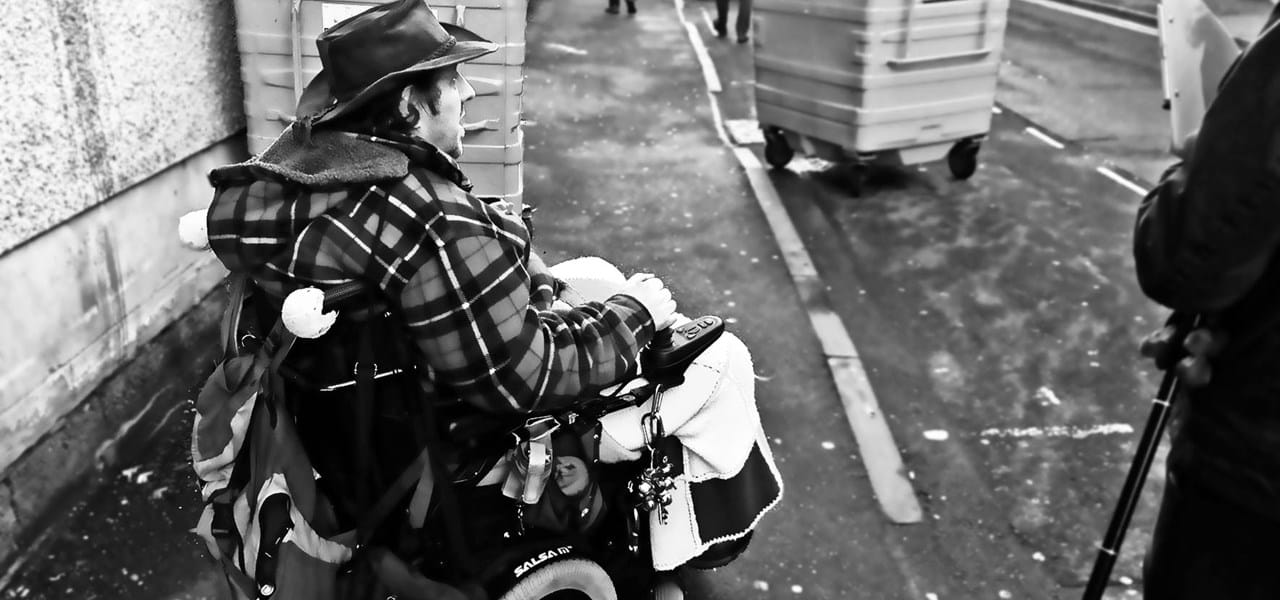Digital Streets
Community Tools to Improve Street Accessibility For All
Community Tools to Improve Street Accessibility For All
Digital Streets was proposed in response to a number of societal challenges experienced by citizens today. In the UK, at least 1,782 toilet facilities have closed in the last decade and it is likely that more closures will follow. An unfortunate consequence of this is that some people, for example people with bladder/ bowel conditions or young families, may experience shrinking social involvement and increased isolation with negative consequences for wellness, self-care and quality of life. Additionally, the Moray Council receives regular complaints from people who, for various reasons, have difficulties in accessing streets in Moray and discussions with disabled people in Moray have highlighted that people with disabilities face many obstacles that prevent them from making full use of Elgin’s streets, resulting in increased social isolation.
In response to these challenges, there was a recognised opportunity to address accessibility and improve public awareness. The proposed project involved developing a series of co-design workshops to explore the potential of a digital or physical community tool, developed with users, which could interface with council websites.

The aim of the research project was to employ a design-led approach to identify the challenges and opportunities to accessibility, within the context of Elgin High Street and the surrounding area, towards the goal of delivering a set of requirements that were firmly user-driven.
The co-design activities provided a safe and realistic environment through which the Design Team supported participants to explore the concept and share their feedback and ideas for improvement.
Simplicity is what we’re looking for here, not adding more, so that people can look at it and say ‘that’s what [Urban Freedom] means.
Personalisation was of particular importance and will have implications for the usability of the proposed platform.
Inclusivity was a key overarching theme. The concept of ‘not just disability, mobility for all’ relates to raising awareness of accessible routes and places, not just for wheelchair users, but inclusive to all people.
An increased awareness of challenges to street accessibility was key to building momentum for the platform. Participants noted the importance of engagement with transport providers, businesses and public places to promote awareness through training, acknowledging effort, and events, to promote empathy towards accessibility.
Communication of consistent information about transport options; connectivity of services; specific provisions and identification of points of contact were clear needs.
A proactive approach was seen to be crucial in the development of a digital platform that is local and resourceful by linking to existing technology, going beyond other mapping technology to be more responsive to user circumstances and location.
Two-way communication was also important, allowing increased transparency between stakeholders. The data collected could also be used to influence policy at a strategic level.